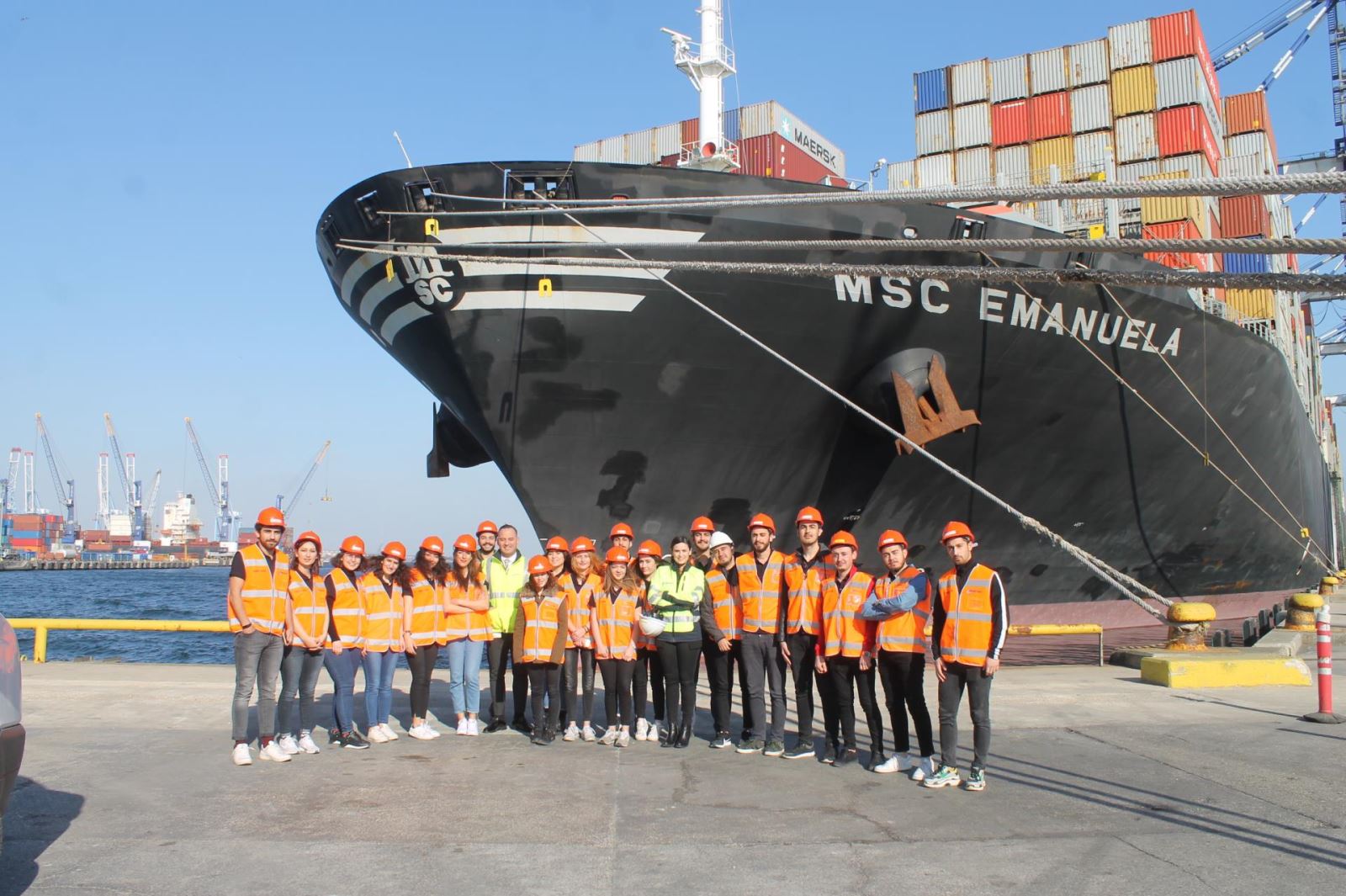- HOME
- ABOUT US
Güncelleme Tarihi: 17 April 2023
Visitors: 1218
ABOUT US
 International trade helps countries generate economic growth, create more employment opportunities, and increase consumer welfare. A country that exports its products can sell them in different markets and generate more revenue, which supports the country's economic growth and development. At the same time, a country that imports products can obtain them at more affordable prices and offer them to consumers at lower prices. For businesses, international trade provides a broader market, and by sourcing products and services from different countries, they can reduce their costs and gain a competitive advantage. International trade also helps strengthen cultural, social, and political ties between countries.
International trade helps countries generate economic growth, create more employment opportunities, and increase consumer welfare. A country that exports its products can sell them in different markets and generate more revenue, which supports the country's economic growth and development. At the same time, a country that imports products can obtain them at more affordable prices and offer them to consumers at lower prices. For businesses, international trade provides a broader market, and by sourcing products and services from different countries, they can reduce their costs and gain a competitive advantage. International trade also helps strengthen cultural, social, and political ties between countries.
Logistics plays a crucial role in facilitating international trade by ensuring that products, materials, equipment, and other resources reach consumers worldwide. Logistics contributes to global economic growth and development by making international trade possible. For many businesses, logistics provides a competitive advantage by improving efficiency and reducing costs. For consumers, logistics enables access to a wider range of products. Additionally, logistics plays a critical role in managing supply chains, coordinating material, product, and information flows across suppliers, manufacturers, distribution centers, and customers. This can reduce supply chain costs and increase customer satisfaction, enhancing a business's competitiveness.
In this context, the International Trade and Logistics department examines trade and logistics activities and provides students with comprehensive education on business, logistics management, trade policies, and world trade. Our department helps students specialize in a dynamic and competitive sector, providing opportunities to work in businesses operating in the global trade environment. In our International Trade and Logistics program, students learn skills necessary for success in trade, such as customs procedures, transportation and storage management, marketing strategies, financial analysis, and supply chain management. Additionally, the department provides knowledge on topics such as global trade law, economic policies, trade agreements, cross-border trade, and customs regulations.
International Trade and Logistics graduates can work in export and import businesses, customs offices, logistics businesses, transportation and distribution companies, international trade departments, and many other business areas. Additionally, graduates of this program can develop their careers in logistics management, supply chain management, international trade, customs, and foreign trade areas.
Doç. Dr. Selva STAUB
Bölüm Başkanı

